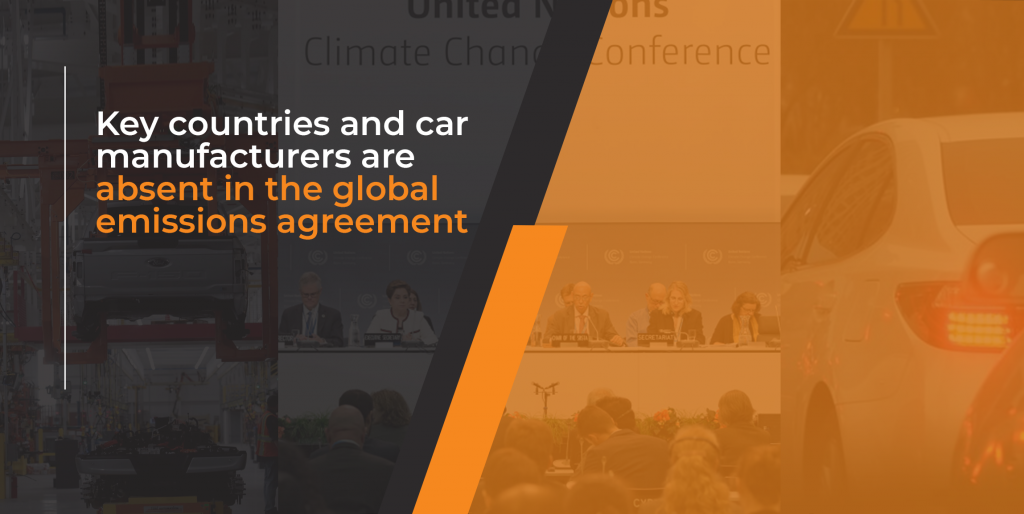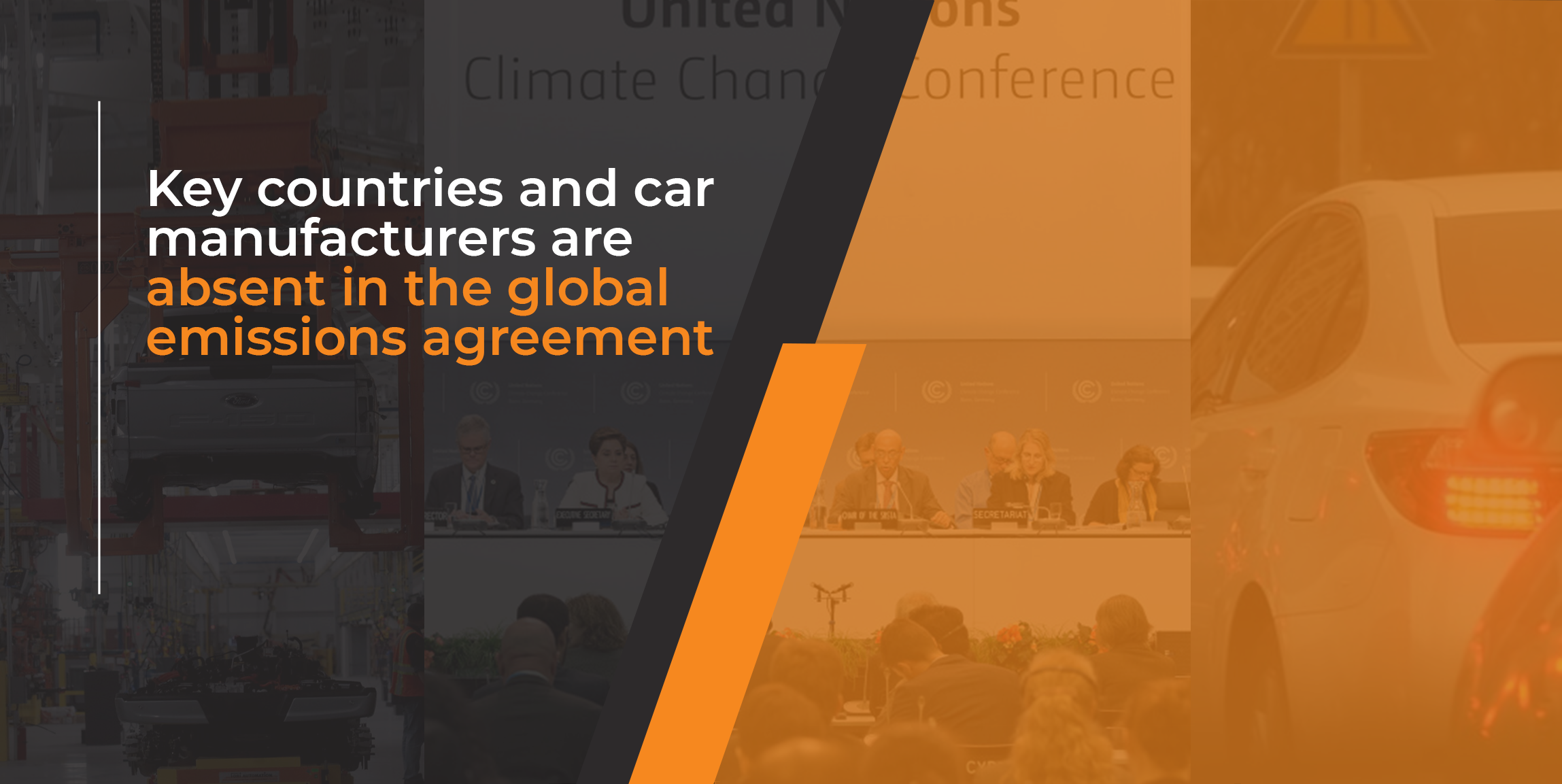
The global agreement to eliminate emissions from all new cars by 2040 is struggling to win support from key countries and automakers.
The deal was announced at the Climate Conference (COP26) in Glasgow on Wednesday. The absence of the United States, China and Germany from it before was one of the reasons for the lack of agreement by several automakers. The British edition of the Financial Times reports that it has seen the final version of the document, which states the commitment “to work for all sales of new cars and vans to be zero-emissions globally by 2040 and no later than 2035 on leading markets “.
A mixed agreement
Volkswagen says it will not sign the deal. BMW declared the same, adding: “There is considerable uncertainty about the development of global infrastructure to support a full transition to zero-emission vehicles, and there are significant differences between different markets.”
Toyota, VW and Stellantis — the world’s No. 1, No. 2 and No. 4 automakers by sales volume — Honda Motor Co. Ltd., Nissan Motor Co. Ltd., BMW AG and Hyundai Motor Co. also were missing from the agreement.
Ford and GM were joined by Volvo Cars Ltd., Daimler AG’s Mercedes-Benz, China’s BYD Co. Ltd. and Jaguar Land Rover and several other small automakers in signing. GM has already said it aims to phase out gas-powered vehicles by 2035, and Ford said it plans to electrify 40% of its global line-up by 2030.
Governments that signed up included Canada, Denmark, India, Ireland, Mexico, the Netherlands, New Zealand, Sweden, and the UK.
What are the arguments for the absence?
British officials were sharing before Wednesday (11/10/2021) that the United States, China and Germany have not yet signed the deal. They hoped that Washington can still get involved, although President Joe Biden is worried about discontent at home. China’s accession would be essential in the agreement. Discussions were underway on whether Beijing would adopt a lighter target – for example, 50% of its vehicles would have zero emissions. Germany justifies not signing by arguing that it wants to apply the option with “synthetic fuels that have a lower carbon content”. But analysts say this cannot be seen as zero-carbon levels.
Winning world governments is key to getting support from carmakers. According to Financial Times sources, none of the companies is against eliminating the emissions, but each of them has specific objections to the deal. Volkswagen, which otherwise develops one of the most ambitious electric car programs in the industry, will not sign, as China is not committed to decommissioning coal energy. BMW has not joined because they believe that the transition from internal combustion engines will take longer than expected. Instead, the company prioritises reducing emissions in its supply chains and more recycling to reduce carbon emissions. Toyota is sceptical of the deal, and as for markets such as Africa and Latin America, electrical transformation may take longer.
Strong presence in the fossil fuel industry of COP26
At the same time, a study by Global Witness, quoted by the BBC, shows that there are more delegates to the fossil fuel industry at the Glasgow climate conference than from any other country. According to Global Witness, 503 people with interests in fossil fuels were accredited for the event. A total of about 40,000 people attend COP26. Brazil had the largest team, with 479 delegates, and hosts Britain had 230 delegates.
Over 100 companies in the field of fossil fuels were represented at the climate conference, as well as 30 trade associations and member organisations. One of the largest groups is the International Emissions Trading Association (IETA), which has 103 delegates, including three from the energy company BP. Global Witness claims that IETA has the support of many oil giants that support carbon trading and carbon offset as a way to continue extracting oil and gas.
“If we are serious about increasing climate ambitions, then fossil fuel lobbyists should not be present at the talks,” the Corporate Europe Observatory said.
To find out more about the automotive aftermarket, or for a no-obligation introductory discussion, please contact us.





















































